People Who Talk to Their Pets Share These 10 Traits
If you find yourself asking your dog how their day went or telling your cat they’re being dramatic, you’re not alone. Psychologists say chatting with pets isn’t just adorable—it’s also a sign of deeper personality traits.
Here are 10 traits that make pet talkers different in the best way possible.
Natural Empathy

Credit: Getty Images
Ever notice how some people instinctively know when a pet is upset or excited? That’s empathy at work. Talking to pets is often just an extension of tuning in emotionally. Studies link higher empathy scores with people who anthropomorphize animals, meaning they sense feelings behind the behavior.
Skilled Communicators
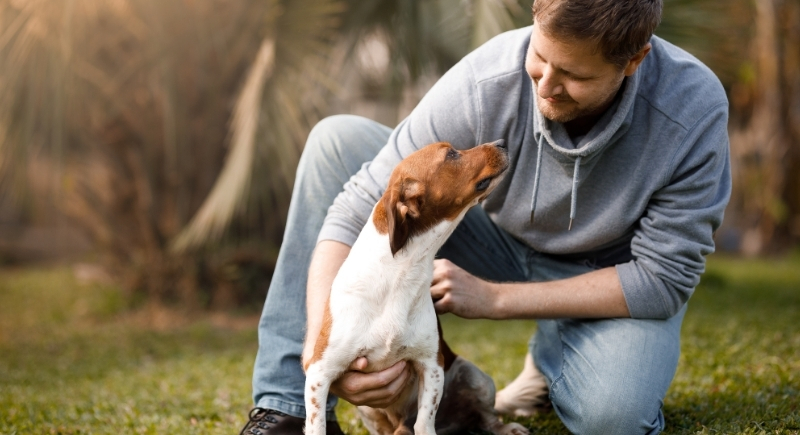
Credit: Getty Images
A wagging tail, a slow blink, a chirp—pet owners notice these signals and respond as if they were words. This back-and-forth sharpens their communication skills because it requires constant adjustment and attentiveness.
Creative Problem-Solvers
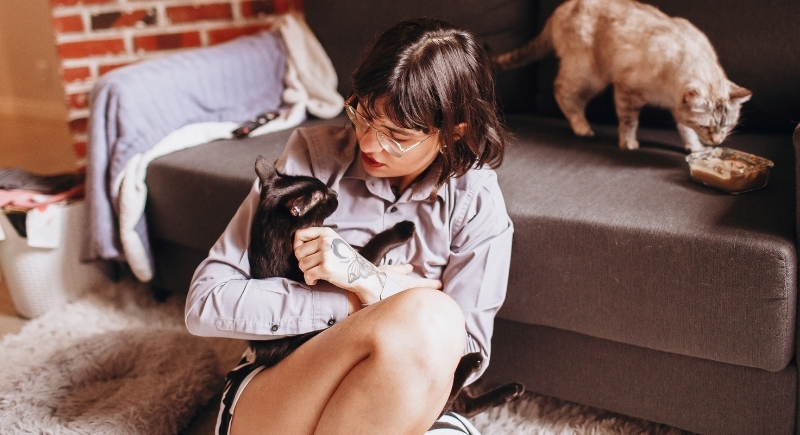
Credit: pexels
Giving a cat a “voice” or imagining what a dog might say is creative. Psychologists call it anthropomorphic thinking, and research shows it’s tied to innovation. People who do this regularly exercise their imaginations in ways that boost original thinking.
Stress Relievers
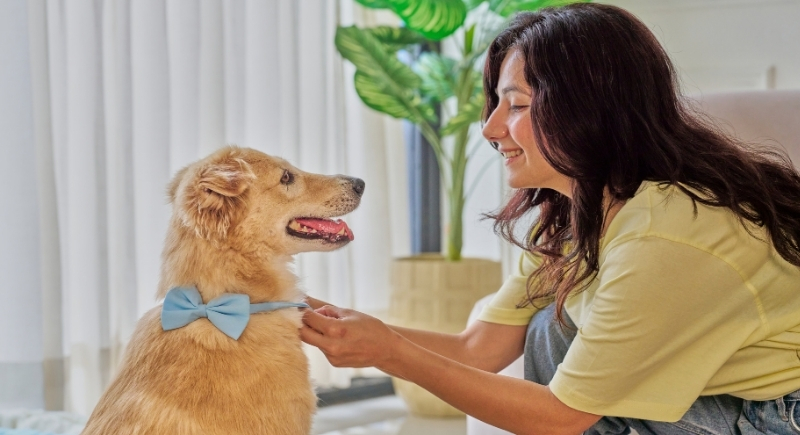
Credit: Canva
For many, talking to pets doubles as therapy. Researchers have found that interacting with animals lowers stress hormones and blood pressure. Adding conversation helps release emotions in a safe, judgment-free space. Unlike human friends, pets won’t interrupt or critique; they just listen.
Emotionally Intelligent
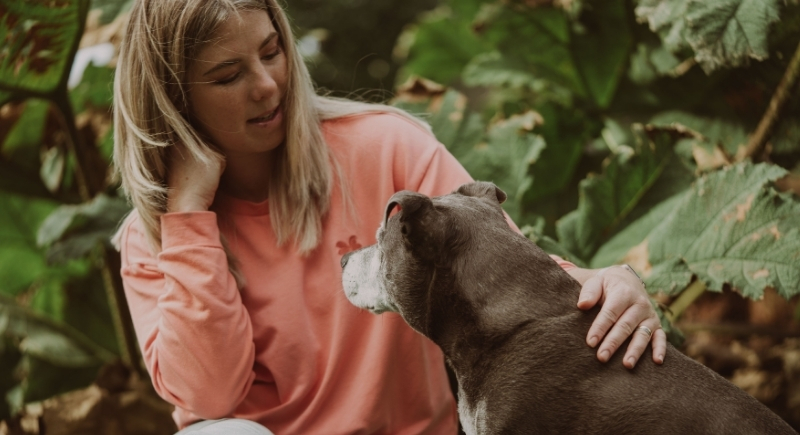
Credit: pexels
Pet talkers are quick to notice subtle cues—like a shift in posture or a change in energy—and respond in ways that show understanding. Studies suggest that this sensitivity strengthens their ability to recognize emotions in people and handle relationships with more care.
Comfortable With Quiet Moments

Credit: Getty Images
Conversations with pets aren’t constant talk—sometimes it’s just a word or two, followed by a purr or a wag. People who are used to these exchanges often become more comfortable with pauses in human conversations. They don’t feel the need to fill every silence, which makes them calmer during breaks in dialogue and better at listening.
Loyal Companions
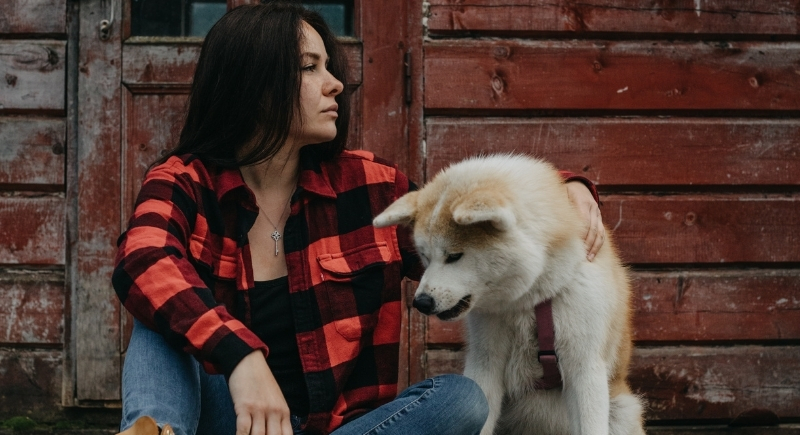
Credit: pexels
To pet talkers, animals are their confidants. They see pets as family members who deserve respect and inclusion. The same devotion often appears in their human relationships, too. When someone treats their dog like a true friend, you can bet they approach people with similar loyalty and commitment.
Attentive And Responsible

Credit: Getty Images
As discussed previously, people who talk to their pets tend to notice small changes that others might overlook. This awareness comes from the responsibility of caring for an animal. Experts note that paying attention to these details helps owners respond to their pets’ needs quickly, and the same habit often shows up in other parts of life as reliability and follow-through.
Mindful By Nature

Credit: pexels
Talking to pets has a grounding effect. Instead of thinking ahead to tomorrow’s to-do list, people focus fully on the present interaction. Psychologists call this mindfulness, and it’s linked to better mental health and greater life satisfaction. The act of chatting with their furry friends keeps them centered and reduces stress, even during life’s busier moments.
Intuitive Thinkers

Credit: pexels
Some people seem to “just know” when a pet needs food, comfort, or space—even before it’s obvious. That’s intuition. Conversations with animals help strengthen this skill because they require interpreting signals beyond words.